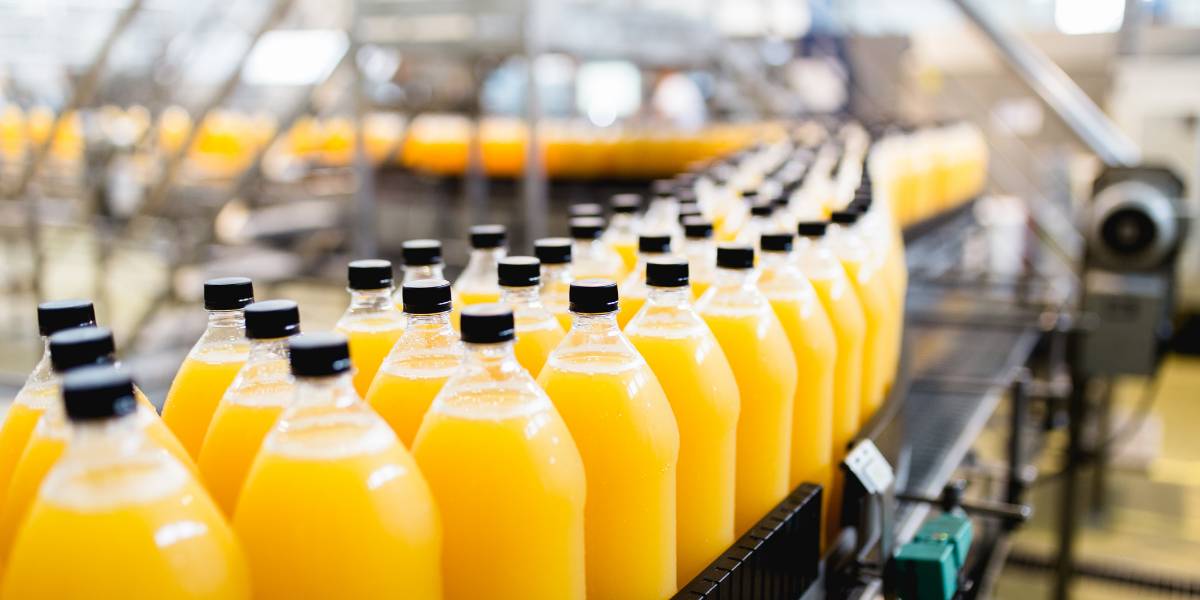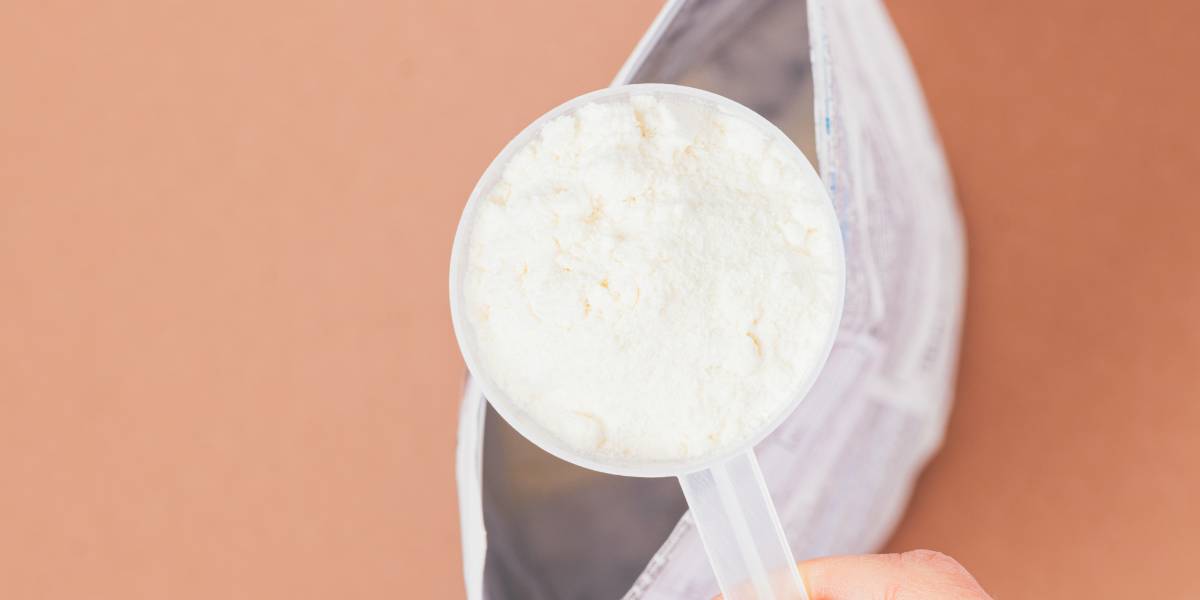A reduction in plastic use could potentially lower your blood pressure, latest evidence has demonstrated.
A new study from Danube Private University in Austria has found that microplastics tend to enter the bloodstream when you drink from a plastic bottle, and this can potentially increase your blood pressure.
Prior research has discovered that microplastics can also be present in fluids in glass bottles, meaning they are as harmful as drinks in plastic bottles.
- Thousands of harmful chemicals can leak into food from plastic containers
- Microplastics and cardiovascular disease link identified
- Paper straws as harmful as plastic versions, study shows
Individuals who only drink tap water are less likely to have high blood pressure compared to those who drink from plastic and glass bottles, the study has reported.
The authors said: “We concluded, after extensive research, that beverages packaged in plastic bottles should be avoided.
“Remarkable trends were observed. The results of the study suggest, for the first time, that a reduction in plastic use could potentially lower blood pressure, probably due to the reduced volume of plastic particles in the bloodstream.”
The added: “The changes we observed in blood pressure suggest that reducing the intake of plastic particles could lower cardiovascular risk.”
Previous studies have identified high concentrations of microplastics in water from plastic bottles. Microplastics are now often found in heart tissue, placenta, kidneys, saliva and the liver.
- Weight loss drugs prompts surge in plastic surgery to remove excess skin
- Chemical found in plastics linked to risk of diabetes in women
- What the UPF: 1 in 7 adults addicted to ultra-processed food
During the trial, eight men and women were only allowed to drink water from the tap for two weeks. The results have shown that their diastolic blood pressure reduced after the study.
“Based on the findings, indicating a reduction in blood pressure with decreased plastic consumption, we hypothesise that plastic particles present in the bloodstream might contribute to elevated blood pressure,” concluded the authors.






